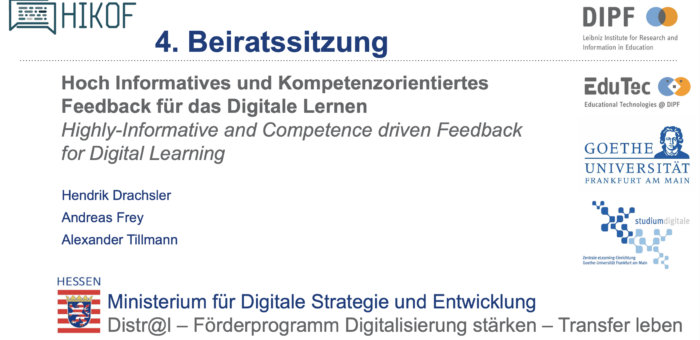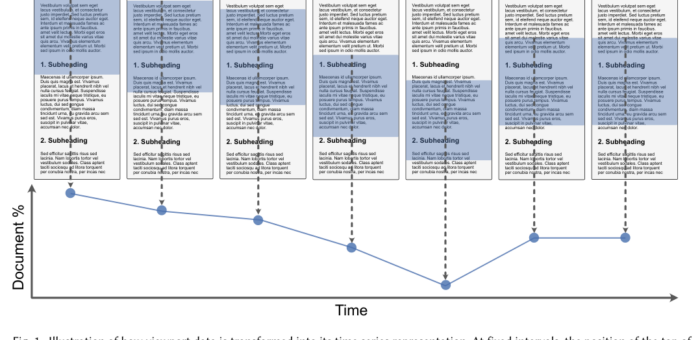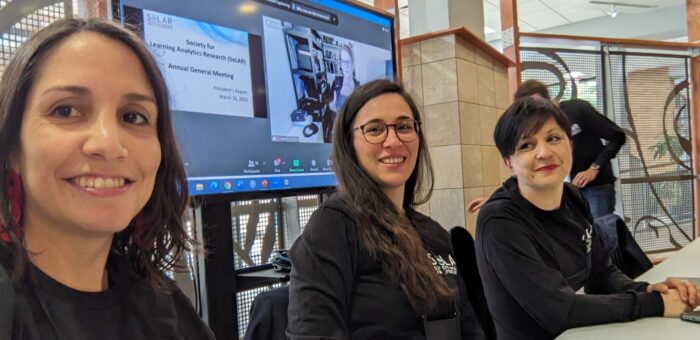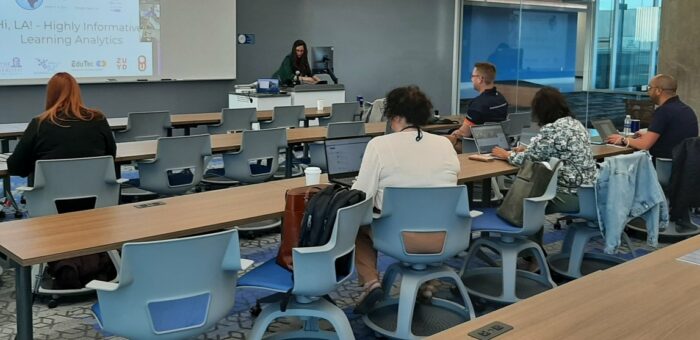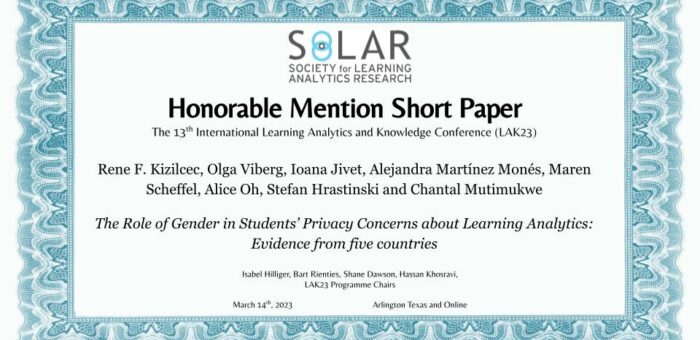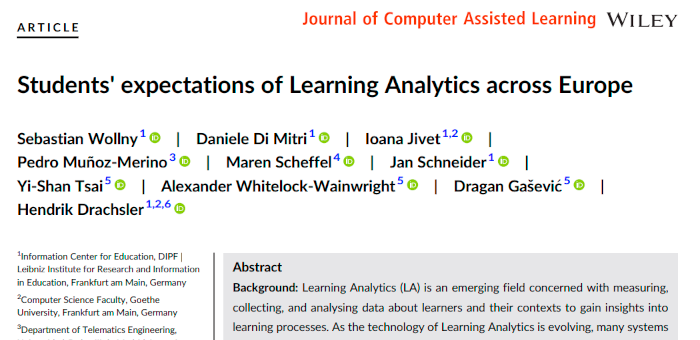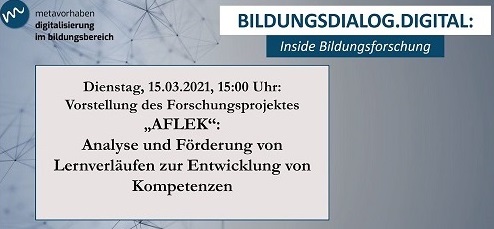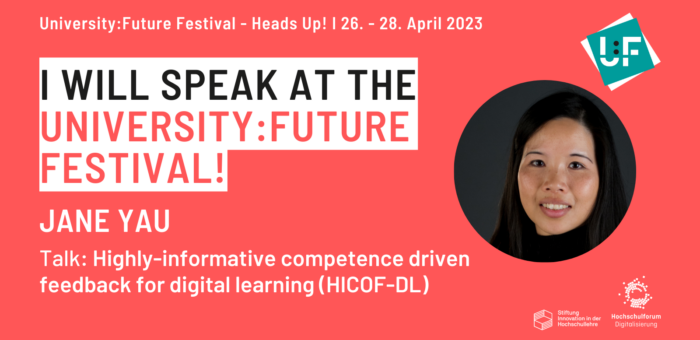
HIKOF-DL Presentation at the University Future Festival
Jane, as the project-coordinator, presented HIKOF-DL in the Track - AI & Technology, at the University Future Festival on 27.4.2023. Abstract: During the COVID-19 pandemic, we made use of artificial intelligence and learning analytics technologies for both lecturers’ and students’ online teaching and learning gains. Using these technologies, the team designed and implemented novel ways of providing highly-informative competence driven feedback (hicof) to large classes of university students (≈1000) for three innovative online assignments. We built machine learning models to automatically assess the assignments and reduced the time required for staff to manually grade them. High-informative feedback provides correct solutions, possibilities for improvement, hints on self-regulation and effective learning strategies (Wisniewski, Zierer and Hattie, 2020; Winne & Hadwin, 2008), and on two different levels - Feed Up (concerning their understanding of the learning goal) and Feed Forward (concerning their next steps in their learning process) (Hattie & Timberley, 2007). Competence driven feedback is feedback that is given to students based on…

